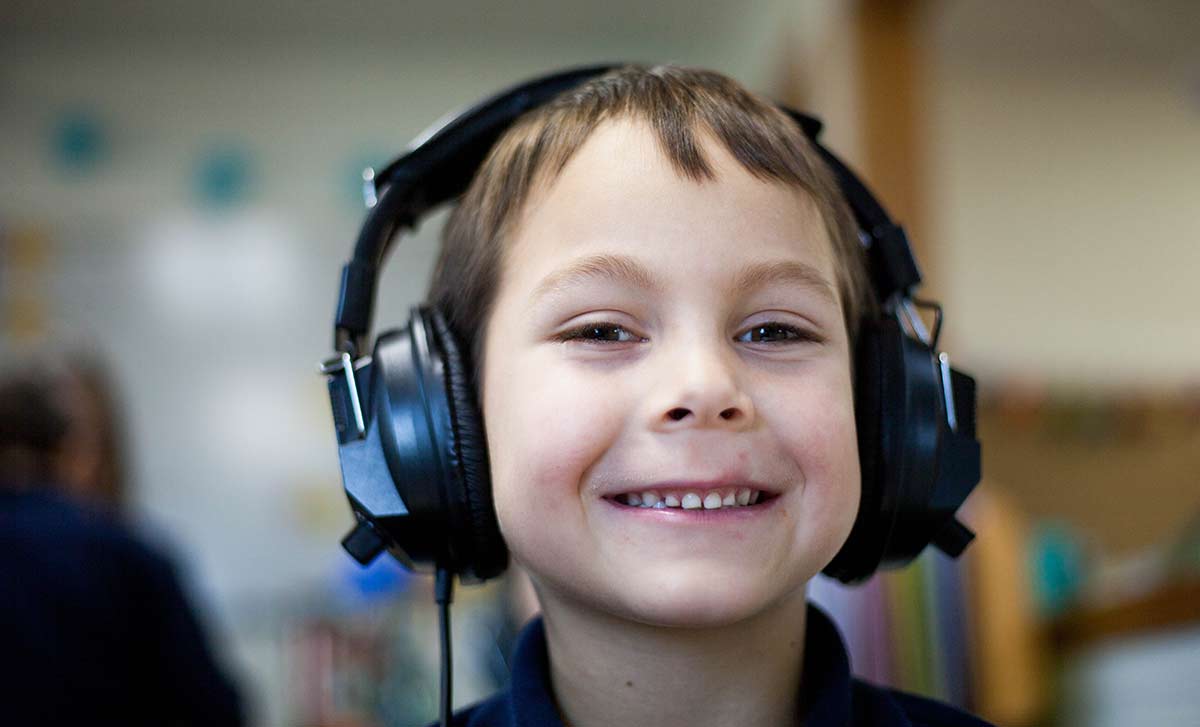
22 Jul Auditory Processing Disorder
What is Auditory Processing Disorders (APD)?
It is a neurological processing disorder.
It means that children can’t process what they hear in the same way as other children because their ears and brains don’t fully co-ordinate.
Something interferes with the way that their brain recognises and interprets sounds, particularly speech sounds.
What are the characteristics of APD?
- Easily distracted or upset by loud and sudden noises
- Difficulty following instructions or directions, whether simple or complicated
- Difficulty with reading, writing or spelling
- Difficulty recognising slight differences in sounds in words
- Find it hard to hear in noisy environments such as social situations, parties, sporting events.
- Disorganised or forgetful
- Find it hard to follow conversations
How APD affects your child’s learning
Children with APD can hear sounds that are delivered one by one in a quiet environment.
Add a noisy classroom environment or an open learning situation which has lots of background noise and they will likely have a problem hearing what is said.
This means they may miss out on imp0rtant information when receiving instruction, forming concepts and developing skills.
As a flow on, their grades will suffer and they will be behind in all areas of literacy compared to their peers.



